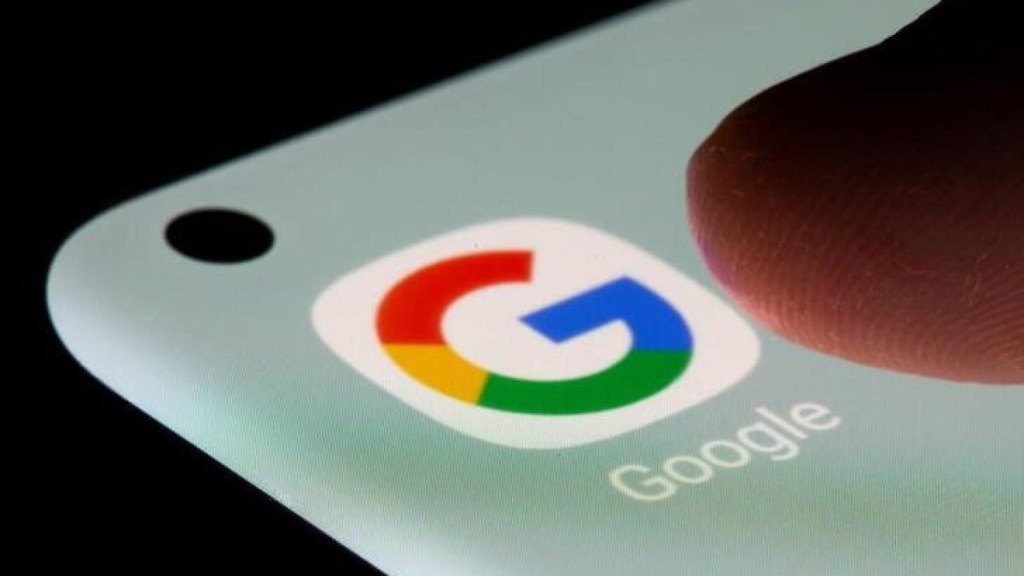Explainer: Anti-rust case ruling
A US court has ruled that Google has monopolised the internet search industry. Banasree Purkayastha explains how its exclusive deals with device makers enabled it to block competitors even as no meaningful alternative to it is likely in the foreseeable future
l What did the judgement say?
Google recently lost the antitrust case filed against it by the US Department of Justice that focused on the company’s search engine dominance, and expensive partnerships to push its product. In a landmark decision, US district judge Amit Mehta ruled that Google was a monopolist and had abused its market-dominating position by making exclusive deals and blocking out competitors. The case saw CEO Sundar Pichai and Microsoft boss Satya Nadella testify in court and arguing whether this was due to the company’s merits or its alleged unfair practices.
Pointing out that Google has enjoyed an over-80% share since at least 2009 which is a “durable dominant share by any measure”, the court order said that Google’s “near-complete” control of key distribution channels was a major barrier of entry for other search companies, adding that “the advent of artificial intelligence (AI) has not sufficiently eroded barriers to entry—at least not yet.” That would mean that Google is very likely to retain its default status as the only meaningful search engine.
l How did Google abuse its dominant position?
The ruling said that Google broke antitrust laws — including the Sherman Antitrust Act of 1890 and Clayton Antitrust Act of 1914 which prohibit monopolies and actions that restrain trade, and address specific unfair practices, respectively — by striking exclusive agreements with device makers such as Apple and Samsung. It paid billions of dollars to ensure that its product was the default search engine on their phones and tablets. Per The Guardian, Google paid companies, including Apple, more than $26 billion in 2021 alone to remain the default option for search in Safari. Those deals allowed Google to build a monopoly over search and unfairly suppress competition. Mozilla, whose Firefox browser defaults to Google for search, receives 86% of its revenue– roughly $510 million of a total $593 million – from Google’s search payments, as per Fortune magazine.
l Does this harm the consumer?
Anti-rust laws are based on the belief that competition is good for everyone — the market, the companies themselves, and especially the average consumer but it’s debatable whether “consumer harm” is still the right barometer to define monopolistic behaviour in the internet age, says The Verge. “Yet, United States vs. Google suggests that even one of the most innovative companies of the past 20 years can harm consumers the old-fashioned way — by muscling competitors out of running, it can deliver a worse and worse product and still make just as much money,” it said.
The Digital Markets Act in Europe, however, has been able to make businesses play more fair. It has forced big tech companies like Google, Apple or Microsoft to offer mobile users the ability to select from a list of available web browsers from a “choice screen.”
l What will happen now?
Since the US justice department did not ask for any penalties, a separate trial will decide what penalties and remedies should be imposed. This could range from tweaks to how it handles contracts to breaking up the company. Google
has said it will go for appeal. This means yet another legal battle which will delay any consequences that the company may face from the current order. If Google wins that appeal, that would water down any remedies that the trial order mandates.
“This decision recognizes Google offers the best search engine, but concludes that we shouldn’t be allowed to make it easily available,” Kent Walker, Google’s president of global affairs, said in a statement.
In the case of Microsoft earlier where a federal judge had ruled that the software giant should be broken up, Microsoft had appealed and won a series of victories two years later which overturned key aspects of the decision. To be sure, Mehta’s order indicates a potential limit of Big Tech’s power and can influence other anti-trust lawsuits against Google, Apple, Amazon or Meta.
l Similar battles in India
In october 2022, the Competition Commission of India (CCI) levied a fine of `936 crore on Google for abusing its dominance in the playstore ecosystem, directing it not to engage in anti-competitive activities and mandated the inclusion of third-party billing and payment processing services for in-app purchases. CCI also imposed a penalty of `1,337.76 crore on Google for abusing its dominant position in multiple markets in the Android Mobile device ecosystem. It had also said the tech giant has been dominant in the general search market for a long time.
Earlier this year, Shaadi.com founder and CEO Anupam Mittal had told FE that the government needs to intervene and come up with a central repository of apps to break Google’s monopoly.
Currently, Google has an agreement with handset makers to pre-install a suite of its apps in the phones. Users cannot even uninstall those apps from their phones. A digital competition law to counter the growing dominance of large tech firms and ensure an enabling environment for homegrown firms is also in the works.







